Technology is important.
Humanity is essential.
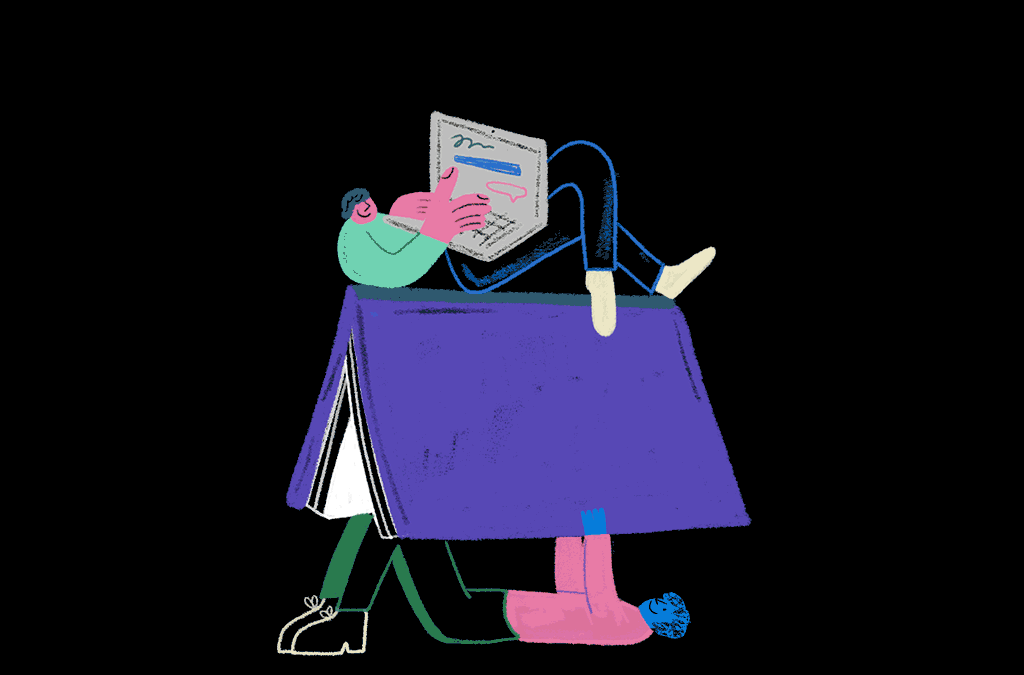
Algorithms. Chatbots. Smart devices. AI. Technology touches almost every aspect of our lives. As machine-generated content becomes more commonplace, the work humans do to ensure free and neutral information is accessible to everyone becomes more important than ever. Technology runs on knowledge, and knowledge is human.
Creating, gathering, and passing knowledge from generation to generation is an essential part of what makes us human. It is only by keeping people at the center of knowledge that we can continue moving forward, together.
Wikipedia was built on this belief. That’s why it’s run by hundreds of thousands of volunteers from all around the world who come together to write, edit, debate, and fact-check its content. In a time when misinformation and disinformation are on the rise, their efforts are essential.
Join the conversation: #KnowledgeIsHuman
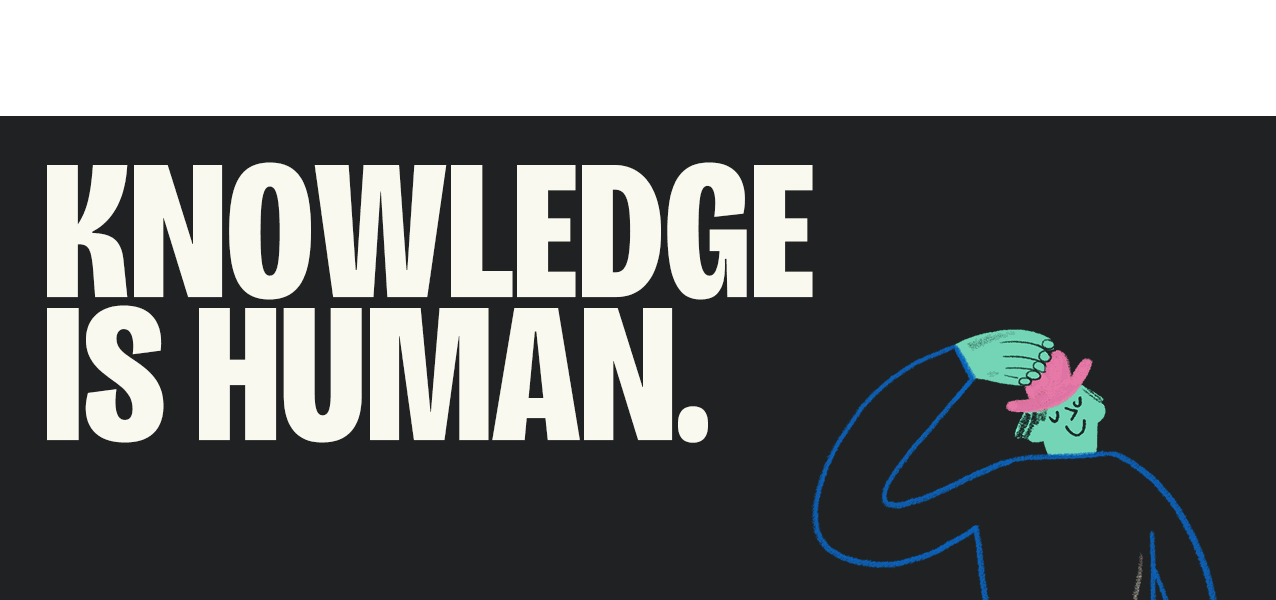
Wikimedia: Supporting free knowledge
Wikipedia and other Wikimedia free knowledge projects are made possible by individual contributors, volunteer editor community groups, and organizations that build and freely share knowledge. Besides creating the content found on Wikipedia and other Wikimedia projects, they also help get people involved and inspired to contribute what they know. Together, our community’s mission is to bring free educational content to the world.
This mission and the Wikimedia projects are supported on a global scale by the Wikimedia Foundation, the nonprofit that hosts Wikipedia. The Wikimedia Foundation ensures humans remain central to compiling and curating knowledge, by building infrastructure and technology, supporting volunteers, advocating for policies that protect and advance access to knowledge, and more.
What is the Wikimedia movement?
What does the Wikimedia Foundation do?
Not for profit
Wikipedia is the only leading global website operated by a nonprofit organization. The majority of the Wikimedia Foundation’s funding comes from individual donations ($11 is the average) from people who read Wikipedia. As a nonprofit, the Wikimedia Foundation doesn’t rely on advertising, doesn’t charge subscription fees, and doesn’t sell users’ personal data. Every donation received is invested back into serving Wikimedia projects, volunteer communities, and the free knowledge movement. When you give to the Wikimedia Foundation, your donations go beyond ensuring quick load times and secure connections — they help to keep humanity at the center of knowledge.
Why do you see fundraising messages on Wikipedia?
If you ever visited Wikipedia, you might have seen a message asking you for a small donation. Watch the video to learn why.
7 reasons you should donate to Wikipedia
The Wikimedia Foundation ensures that every donation we receive is invested back into serving Wikipedia, Wikimedia projects, and our free knowledge mission.
Read more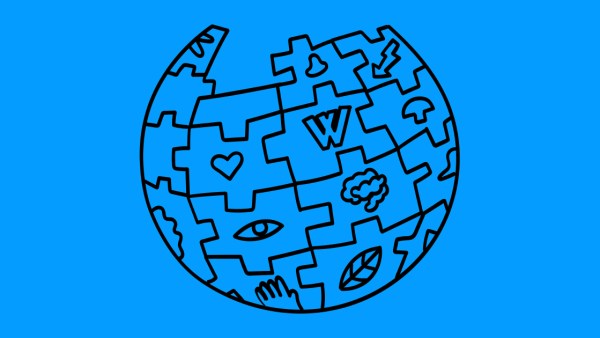
Wikipedia’s value in the age of generative AI
If there was a generative AI system that could write all the information contained in Wikipedia, would it be the same as Wikipedia today?
Read more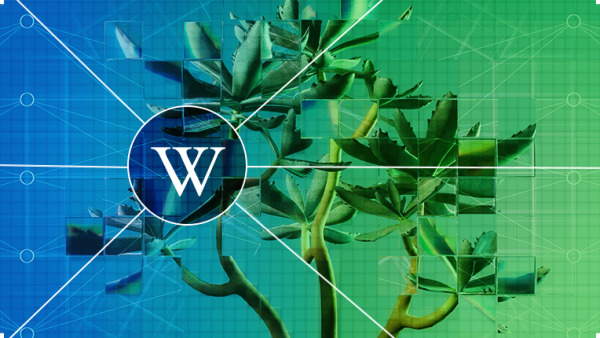
Love Wikipedia? Get to know the nonprofit behind it
Most people don’t know that Wikipedia is hosted by a nonprofit. Accurate information online is needed now more than ever.
Read more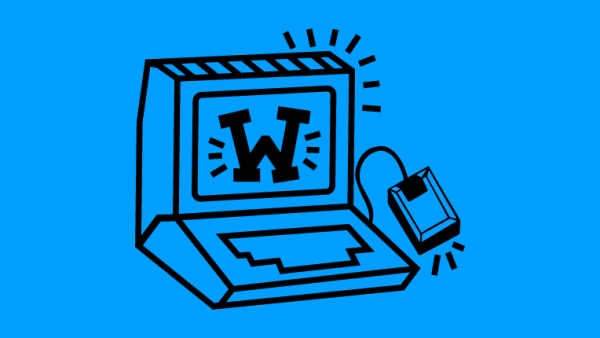
Help us keep knowledge human →
Help us unlock the world’s knowledge.
As a nonprofit, Wikipedia and our related free knowledge projects are powered primarily through donations.
Donate now
Photo credits
Hannah Jacobs for the Wikimedia Foundation
Hannah Jacobs for the Wikimedia Foundation